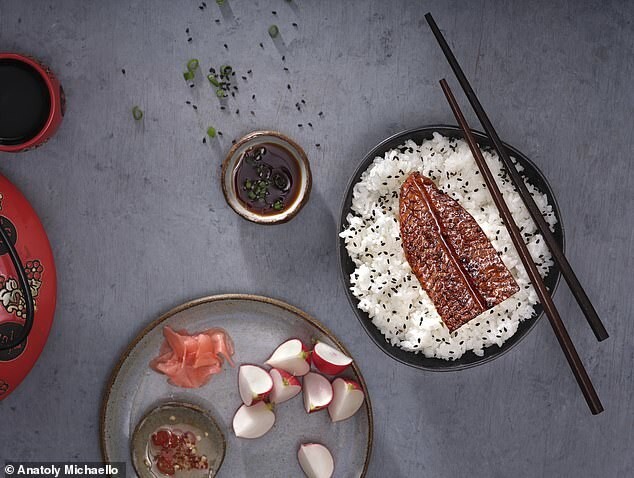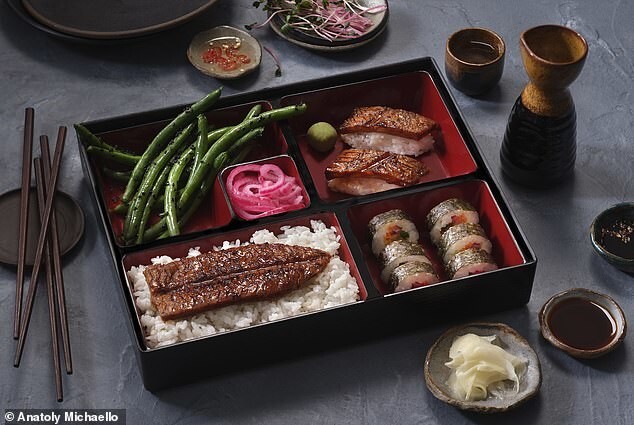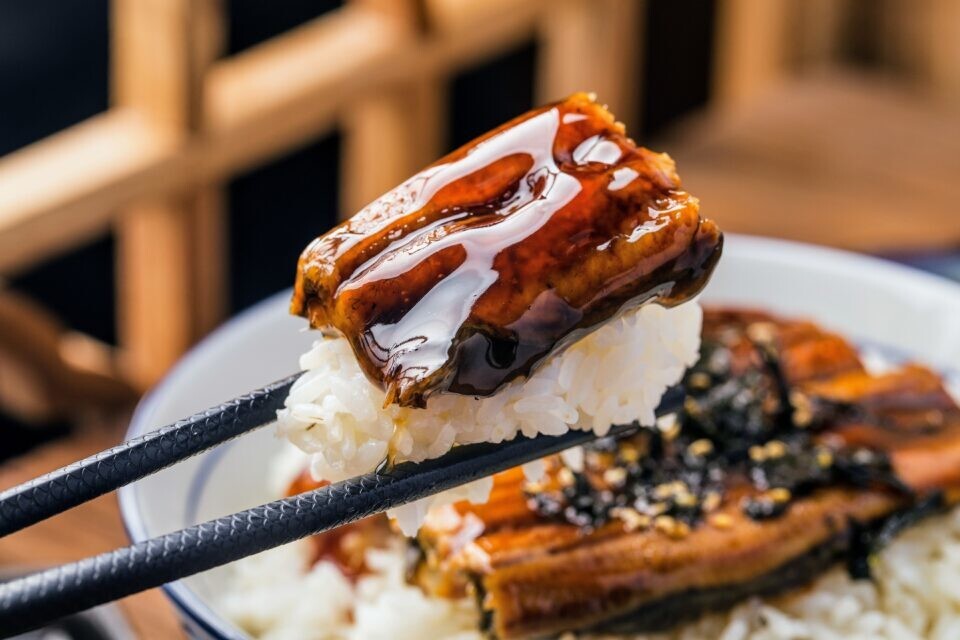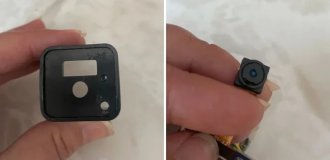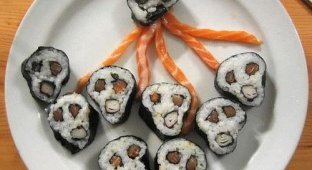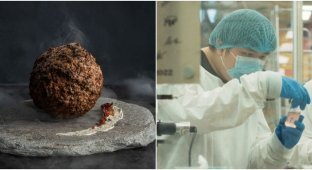Scientists made test tube sushi for the first time (6 photos + 1 video)
Unagi, or eel, is a special delicacy in Japanese cuisine, often used in rolls and sushi. But the demand for it is so high that populations are in danger of extinction. Israeli startup Forsea Foods came up with a solution - and grew eel meat in laboratory conditions. 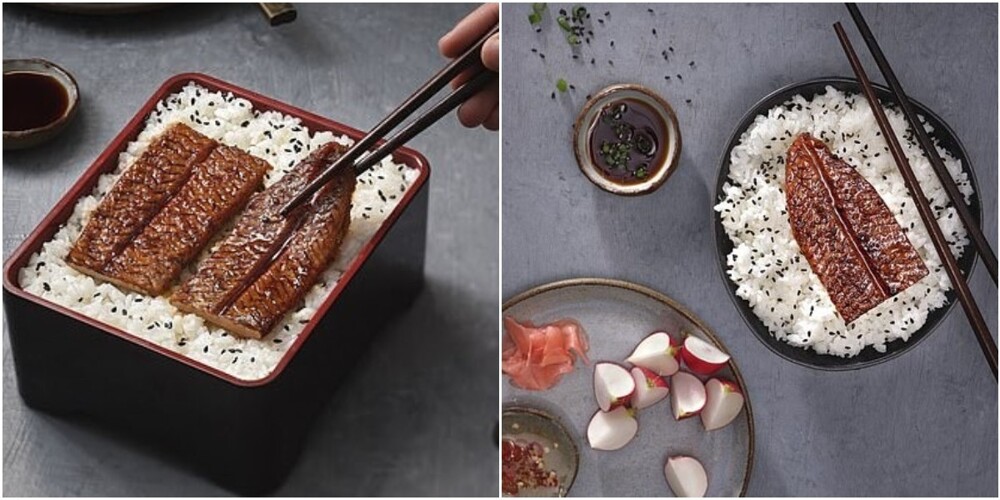
Israeli startup Forsea Foods has figured out how to save eel and make sushi with its delicious meat. They were the first to grow meat in laboratory conditions. The authors of the idea claim that by growing unagi from embryonic cells, they will be able to supply meat on an industrial scale as early as 2024, without harming the population.
“We are the first in the world to combine traditional, high-quality Asian cuisine with innovative technology, and are the first to grow unagi in a laboratory, allowing consumers to enjoy the taste of seafood without harming wild populations,” says Roi Nir, CEO and co-founder of Forsea Foods. 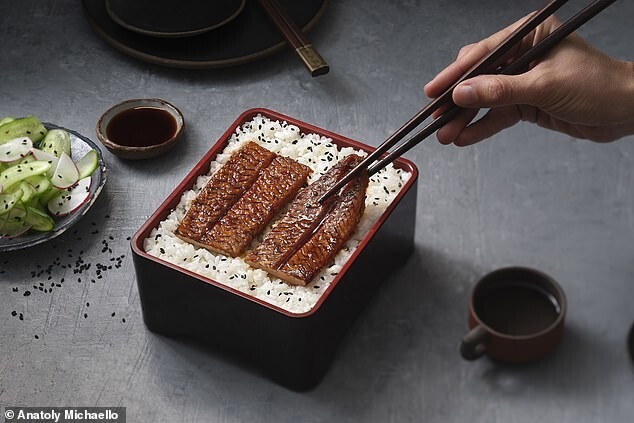
The startup recently collaborated with chef Katsumi Kusomoto to create two traditional Japanese dishes using lab-grown meat. The chef prepared unagi kabayaki, grilled marinated eel with rice, and unagi nigiri, eel sushi. These eel dishes were once a staple in restaurants across Japan, but due to environmental concerns they have become much less common. Back in 2000, Japan consumed 160,000 tons of eel, but this figure has now dropped by 80 percent. The main reasons for the population decline are trapping and habitat destruction. 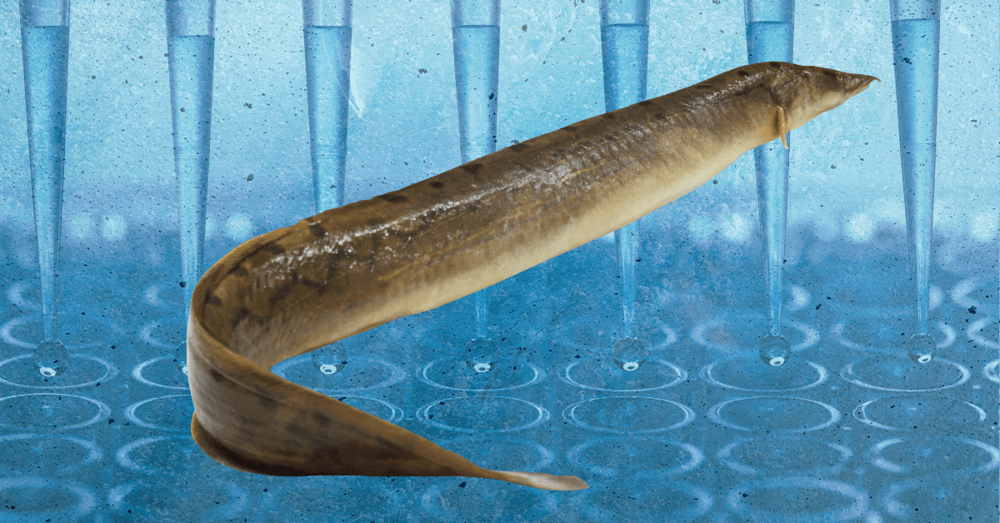
Since 2018, freshwater eels are listed in the IUCN Red List and are endangered. In addition, eels are extremely difficult to breed in captivity, which has led to shortages and skyrocketing prices. That is why the startup Forsea has developed a method for growing eel meat in the laboratory. According to them, they can launch it on the market as early as 2025. 